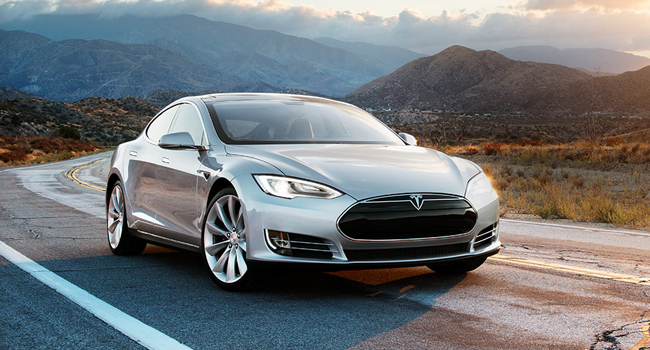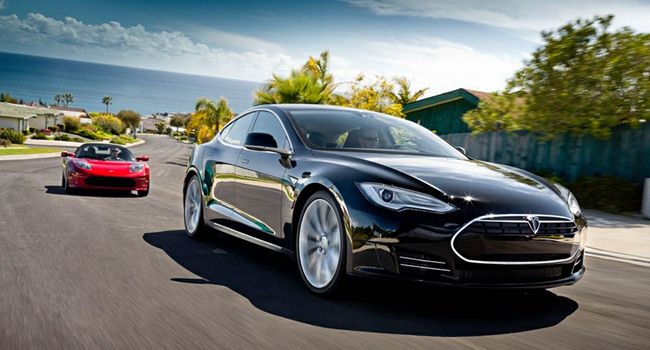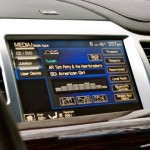The App That Rules Them All If the internet disappeared tomorrow, South Africans would still have WhatsApp. It has become the country’s everything app,…
The Tesla war of words heats up in the California cold


Tesla seems to like making a fuss if it doesn’t like what people have to say about its cars. This is not the first time we have seen Tesla throwing its toys out of the cot because a review of one of its cars hasn’t gone exactly as it wanted. Top Gear — who the first case was against — is known for ripping cars to shreds with its reviews. It’s the way the game goes.
Taking an angle of how electric cars don’t last long on the road is good and well, but don’t make up details that never happened. That is Tesla’s viewpoint, and fair enough, it wants its cars to be seen as proper alternatives to combustion-engined vehicles. And when someone misconstrues the facts to suit their needs, getting pissed off is understandable.
But was that actually the case? Tesla’s claims are that John M. Broder from The New York Times purposefully misled his readers to believe that the test car in question, the Tesla S, did not achieve the claimed range that Tesla, or the car, said it can. It’s been a back and forth battle, with each side — Elon Musk, the chief executive of Tesla Motors and Broder from The New York Times — quoting and discounting the other.
It’s all very messy. Broder claims that during the entire test he was in contact with Tesla representatives, asking about range issues, like why the range indicator dropped overnight and where the nearest Supercharger station was. If these are true, then Musk’s claim that Broder deliberately passed a normal charging station on his way to the Milford Supercharger (Tesla’s Superchargers being fast charging stations positioned along the East Coast Interstate 95) is clearly not. It was discounted by Broder, claiming that the Tesla personnel did not inform him of the station, instead directing him to one further away.
One of Musk’s biggest concerns is that Broder claims that the Tesla S under-performed because of the cold weather, whereas Musk claims that Tesla is selling well in Norway and other parts of Scandinavia (although it hasn’t actually delivered any cars there as of yet). Other tests have also shown that climate should not be a factor. Tests have been in all kinds of weather, from searing to freezing, so Musk doesn’t like the fact that this could be seen as a concern for his car.

In Broder’s retort to Musk’s allegations he makes very specific statements about each and every accusation made my Musk, mostly pointing to the fact that he was in constant contact with Tesla personnel, who apparently gave bad advice.
In Broder’s defence, he takes every claim that Musk makes and backs it up with solid reasoning, while Musk sounds a bit irritated that his baby wasn’t put on a pedestal. Could it be that the car in question was a dud? I can almost guarantee that Musk would go to his grave claiming that Tesla does not make duds. Understandably, neither of them will back down, and the only resolution I can see — without bringing the law into it — is the whole thing blowing over.
All that this tells me is that electric cars are not so simple. They have so many concerns that a combustion-engined car does not have to deal with that it will take a while for people to adjust. Not that they’re worse, though, just different. We’re not used to the concerns that an electric car brings up. But — and this is an important point — the issue with the time it takes to recharge an electric vehicle and the limited range are the main issue and yet to be solved problems. Tesla clearly has not figured out how to attack these issues, even with its Supercharger stations around America.
Images: Autobloggreen and Tesla.

